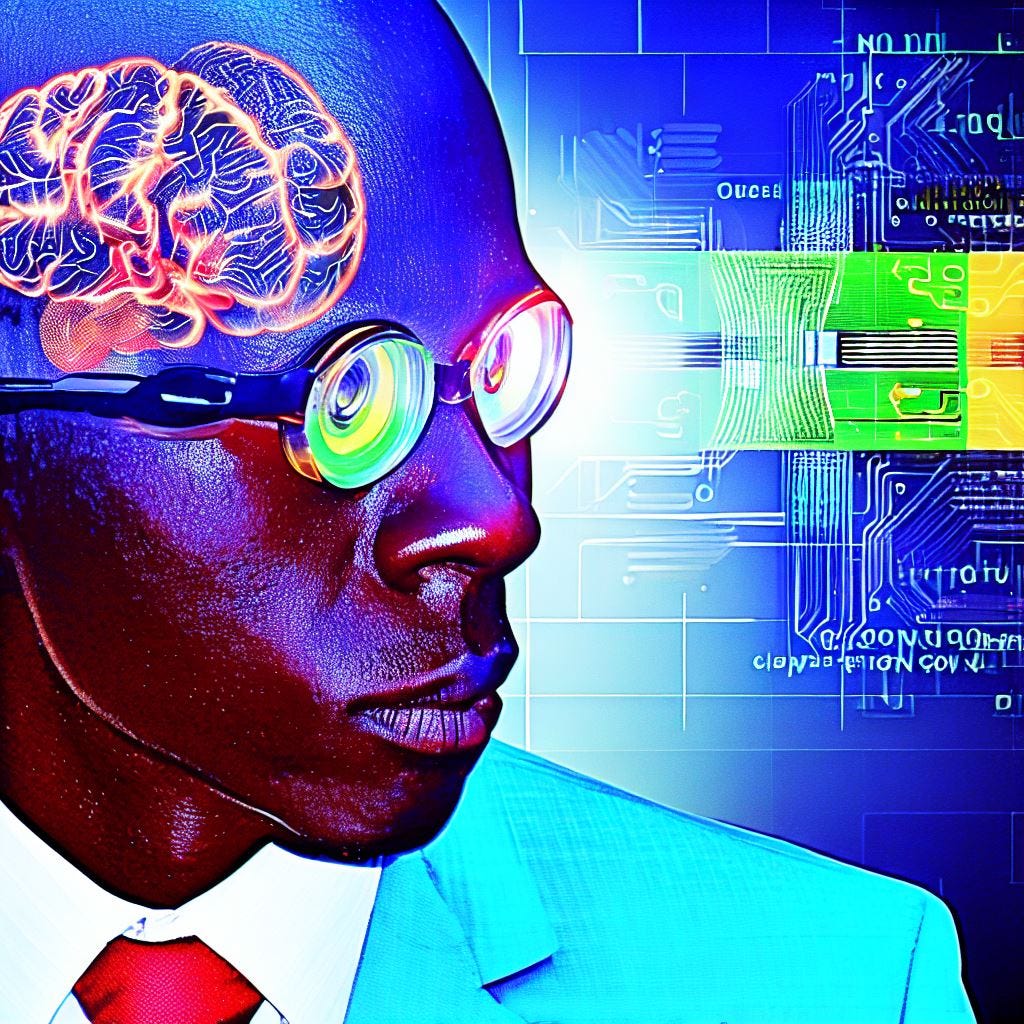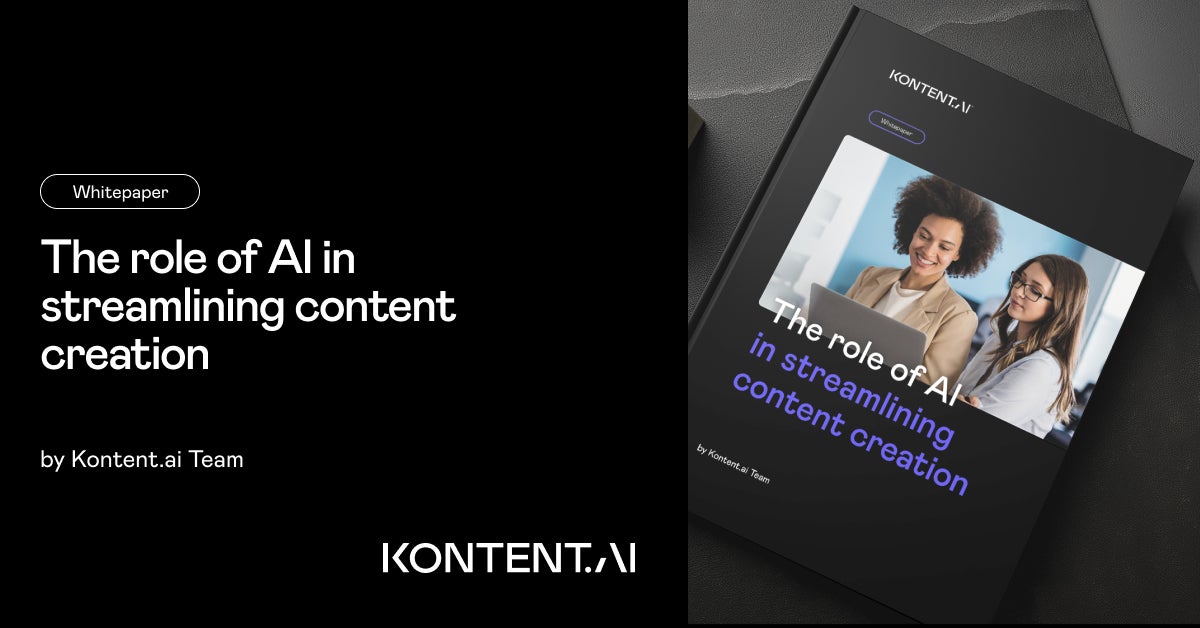Human intelligence is a product of millions of years of evolution, primarily driven by the development of the human brain and the emergence of language. Key factors contributing to human intelligence include:
-
Brain Evolution: The increase in brain volume and complexity over time has been crucial. From early hominids like Homo habilis to modern Homo sapiens, brain size and structure have evolved to support advanced cognitive functions.
-
Cognitive Traits: Human intelligence is characterized by empathy, social intelligence, and the ability to use symbols and tools. These traits have been essential for survival and social cooperation.
-
Dopaminergic Systems: The expansion of dopaminergic systems in the brain has been linked to cognitive skills critical for language and thought, such as working memory and abstract reasoning.
-
Cultural and Social Dynamics: Intelligence has evolved in response to social interactions and cultural transmission, allowing humans to learn from each other and adapt to complex social environments.
-
Nutritional and Environmental Factors: Diets rich in diverse nutrients have supported cognitive development, while environmental pressures have shaped physical and cognitive adaptations.
Artificial Intelligence (AI), on the other hand, mimics certain aspects of human cognitive processes through artificial neural networks and algorithms. AI systems are designed to process data, learn from it, and make decisions based on programmed logic. Key aspects of AI intelligence include:
-
Data Processing and Learning: AI excels in processing large volumes of data and learning from it through machine learning techniques. Unlike humans, AI requires extensive data to learn effectively.
-
Task-Specific Abilities: AI is highly efficient in specific tasks, such as pattern recognition and data analysis, but lacks the general cognitive abilities and emotional intelligence of humans.
-
Energy Efficiency and Structure: AI systems are designed to be energy-efficient and form modular structures similar to brain networks, allowing them to perform tasks effectively under constraints.
-
Mimicking Human Processes: AI systems simulate human cognitive processes like decision-making and problem-solving, but they do so based on algorithms and lack true consciousness or imagination.
While AI can mimic certain human cognitive functions, it remains fundamentally different from human intelligence, which is deeply rooted in biological, social, and cultural evolution. The integration of AI and human intelligence holds potential for addressing complex challenges, but AI's capabilities are currently limited to specific domains and tasks.






/cdn.vox-cdn.com/uploads/chorus_asset/file/25460210/google_ai_overview_example.png)

